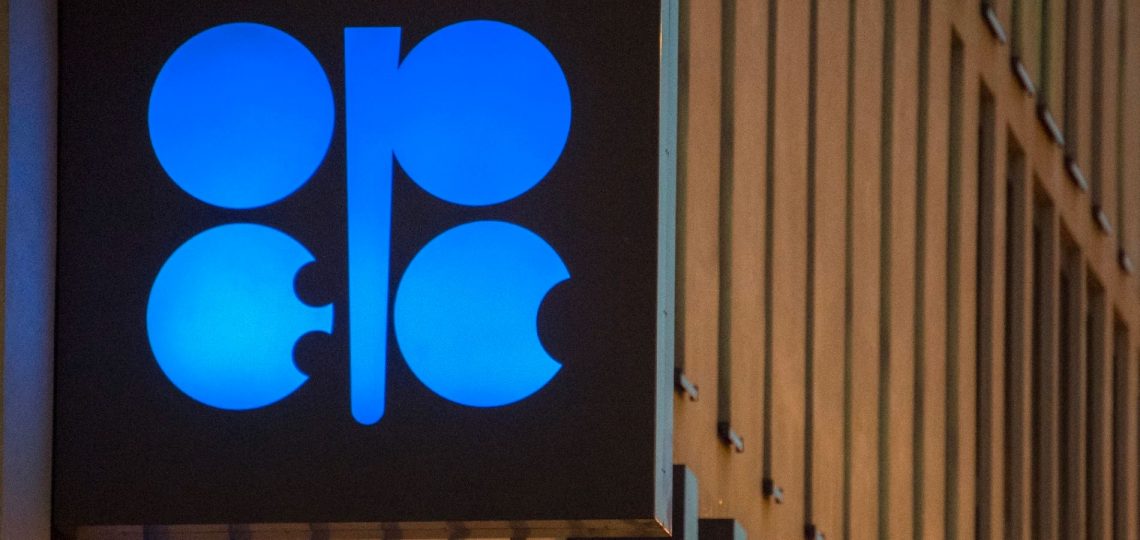By pushing for a reduction in oil production, Saudi Arabia has put a strain on its already difficult relationship with the United States, but a rupture between these two partners is to be ruled out in the immediate future, analysts believe.
On October 5, Opec+ – the 13 members of the Organization of the Petroleum Exporting Countries (Opec) led by Saudi Arabia and their 10 partners led by Russia – decided to slash its production quotas, in order to support crude prices that were falling.
A rise in prices would also help to fill the coffers of Russia, which relies on its hydrocarbon sales to finance its war in Ukraine, a country it invaded in February.
Against a backdrop of global inflation and soaring energy prices accelerated by the war, and as Americans prepare to vote in the mid-term elections in November, the Opec+ decision has provoked the ire of the White House.
“There will be consequences for what they did with Russia,” U.S. President Joe Biden warned Tuesday, without further elaboration.
Officials in Saudi Arabia, the world’s largest oil exporter, have rejected accusations of collusion with Russia against the West, ruling out any “diktat”.
On Thursday, the Saudi Foreign Ministry assured that the decision of the Opec+ was motivated by “economic considerations” consisting of “protecting the global economy from the volatility of oil markets”.
For the White House, Riyadh “may beat around the bush but the facts are simple”.
“The U.S.-Saudi relationship has gone through periods of intense tension in the past,” notes Anna Jacobs, an analyst with the NGO International Crisis Group. But the current crisis represents “a fracture but not a break,” she emphasizes: “The reality is that Saudi Arabia and the United States need each other.”
– “Kings of traitors” –
In July, Joe Biden visited Saudi Arabia where he greeted Crown Prince Mohammed bin Salmane, provoking outrage from international NGOs that accuse this conservative Gulf monarchy of serious human rights violations.
Before he was elected president, Biden himself promised to make Saudi Arabia a “pariah,” especially in light of the killing of Saudi journalist and critic Jamal Khashoggi in his country’s consulate in Istanbul in 2018.
The objective of Mr. Biden’s visit to Saudi Arabia was to obtain an increase in oil production. In vain.
Members of his Democratic Party then accused the Saudis of being the “kings of traitors” and of having “deceived” the American president.
In addition, some U.S. lawmakers have attempted to revive support for a bill to expose Opec+ to antitrust lawsuits. Others have called on the administration to review the U.S. military presence in Saudi Arabia.
But such measures “would threaten to sever already strained relations, which would increase pressure for higher oil and fuel prices,” warns Torbjorn Soltvedt of risk intelligence firm Verisk Maplecroft.
“The most likely reaction is what we’ve already seen: strong statements from (U.S.) policymakers,” says Ellen Wald, author of Saudi Inc, a history of energy giant Saudi Aramco.
– “Very solid” –
The U.S.-Saudi partnership, dating back to the post-World War II era and often described as an “oil for security” agreement, has been marked by various disagreements, such as on the Israeli-Palestinian conflict or the nuclear agreement with Iran, Saudi Arabia’s great regional rival.
The Saudis were also scalded by the lukewarm U.S. response after attacks on oil facilities in 2019 claimed by the Houthis in neighboring Yemen, rebels backed by Tehran.
In this context, Ali Shihabi, a Saudi analyst close to the government, warns against an “excessive response” by the Americans to the Opec decision.
According to him, it will only accelerate the quest to “diversify Saudi Arabia’s military relations, not only with China and Russia, but also with France, the United Kingdom, India and Pakistan, and even Brazil and South Africa.
But the Saudi officials want to reassure. In an interview with the American channel CNN on Wednesday, Adel al-Jubeir, Minister of State for Foreign Affairs, said that the relationship between the two countries was not “broken”. “Far from it, it is very solid,” he said.






